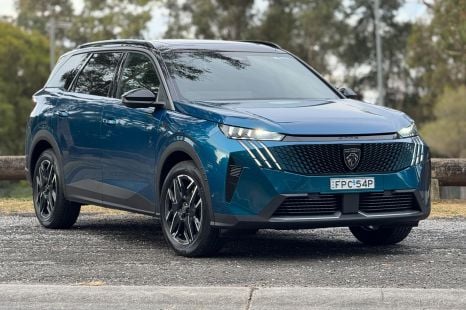

Matt Campbell
4 Days Ago
The Up is down and out. Volkswagen's city car has reportedly exited production, leaving the Polo as the brand's smallest model for now.

News Editor
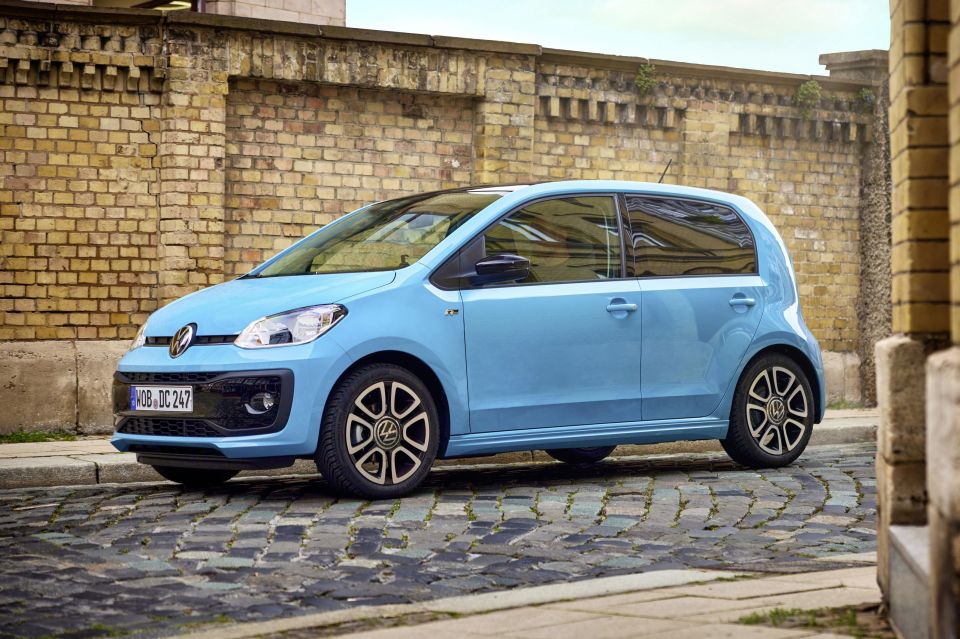

News Editor
Volkswagen has reportedly ended production of its Up city car, this time for good.
Autocar reports the last Up has rolled off the Bratislava, Slovakia production line after 12 years in production.
The company had closed orders of the electric version, called the e-Up, in 2020, before reopening orders in 2022.
But Volkswagen then ended production of the flagship petrol-powered Up GTI this year, and earlier it axed the Skoda Citigo and SEAT Mii, lightly restyled versions of the Up.
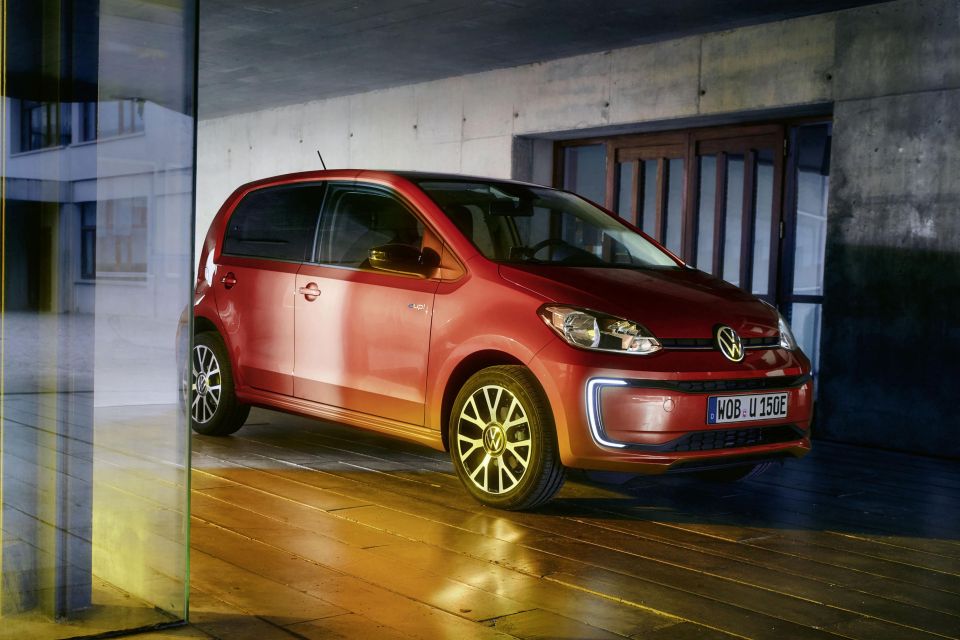
The e-Up served as the brand’s most affordable electric vehicle. When it was first launched in 2013 it had a 60kW/210Nm electric motor paired with a 18.7kWh battery capable of delivering 160km of driving range under the old NEDC standard.
In 2019 the e-Up gained a larger 36.8kWh battery, and range improved to 258km on the WLTP cycle.
Petrol-powered Up models use a 1.0-litre three-cylinder engine, which in hot GTI guise featured a turbocharger and outputs of 85kW and 200Nm.
The roughly 3.5m-long Up’s demise will leave the 4m-long Polo as the brand’s smallest model, though Volkswagen is working on a production version of the 4m-long ID. 2all electric concept with an intended starting price of under €25,000 (A$40,000).
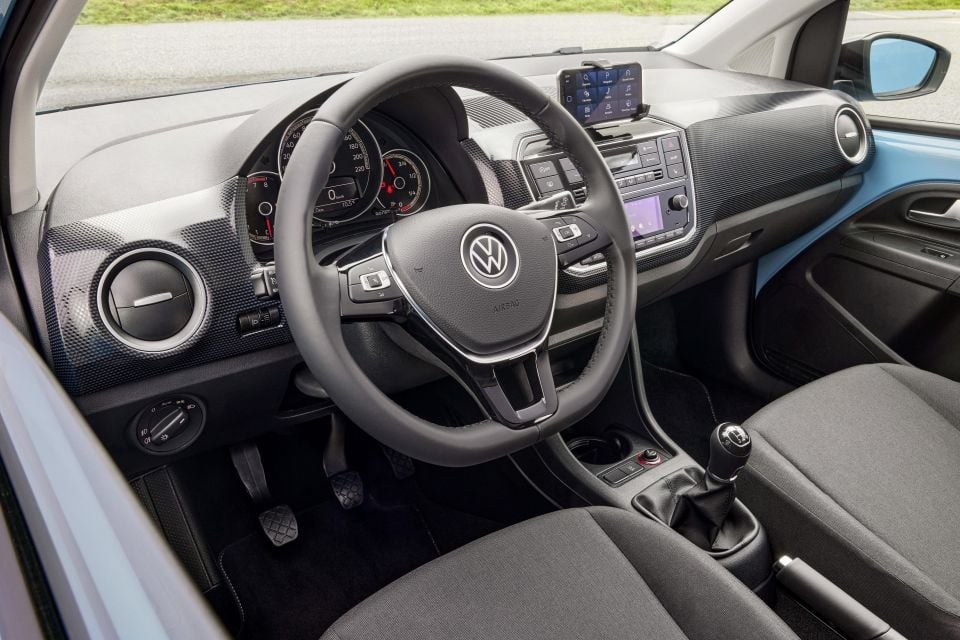
Volkswagen has confirmed it will build an A-segment – think Suzuki Ignis-size – electric SUV from 2026 at its Wolfsburg plant.
The Up starts at €14,555 (A$23,969) in Germany, with the e-Up starting at €29,995 (A$49,395). For context, the Polo range currently opens at €21,590 (A$35,549).
Up sales had been down in recent years. After selling more than 100,000 units in Europe almost every year up until 2017, sales declined.
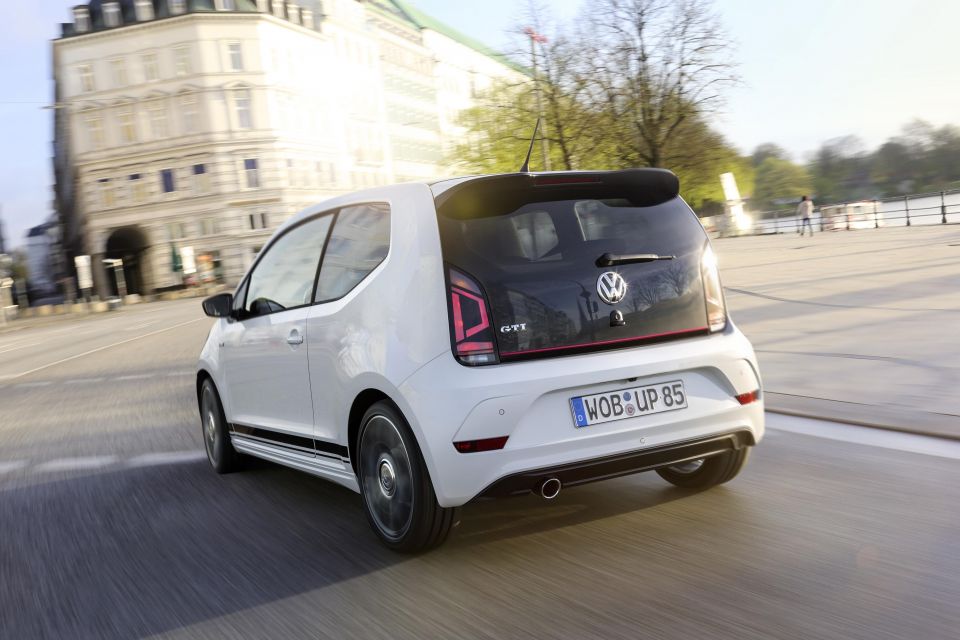
Just 39,800 left European showrooms in 2022, despite the return of the e-Up, and the diminutive Volkswagen was outsold by the Renault Twingo and Dacia Spring, among other city cars.
While the Up had a long life in Europe, its time in Australia was considerably shorter.
Launched in Australia in 2012, the Up was axed early in 2014 as it struggled in a then-competitive but low-margin and shrinking segment. It was also let down by the lack of an automatic transmission.
Volkswagen sold 2295 examples during the car’s brief run here, well behind rivals like the Fiat 500 and Mitsubishi Mirage.
Take advantage of Australia's BIGGEST new car website to find a great deal on a Volkswagen.
William Stopford is an automotive journalist based in Brisbane, Australia. William is a Business/Journalism graduate from the Queensland University of Technology who loves to travel, briefly lived in the US, and has a particular interest in the American car industry.


Matt Campbell
4 Days Ago
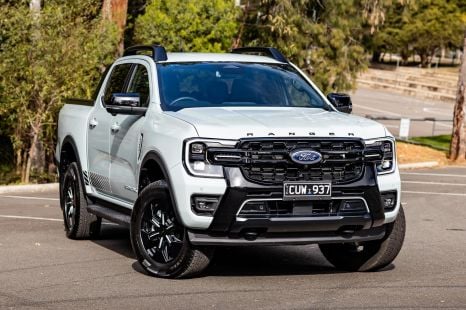

Matt Campbell
3 Days Ago
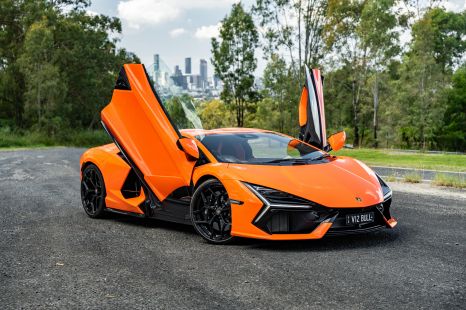

Alborz Fallah
2 Days Ago
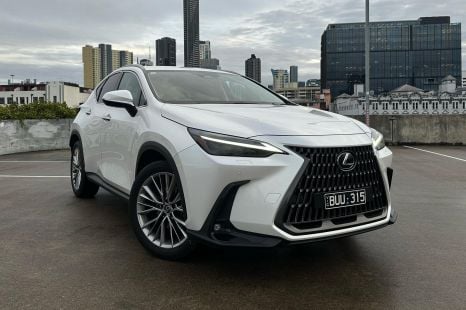

William Stopford
2 Days Ago
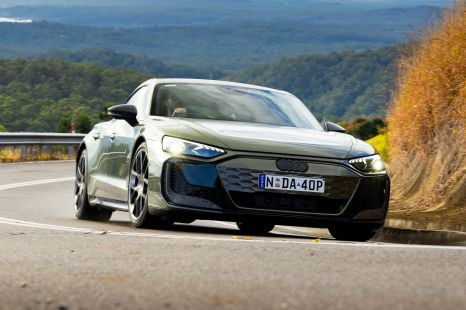

James Wong
1 Day Ago
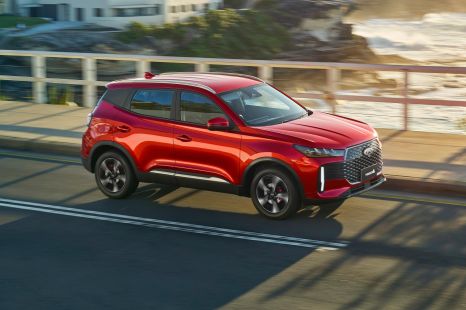

Max Davies
10 Hours Ago